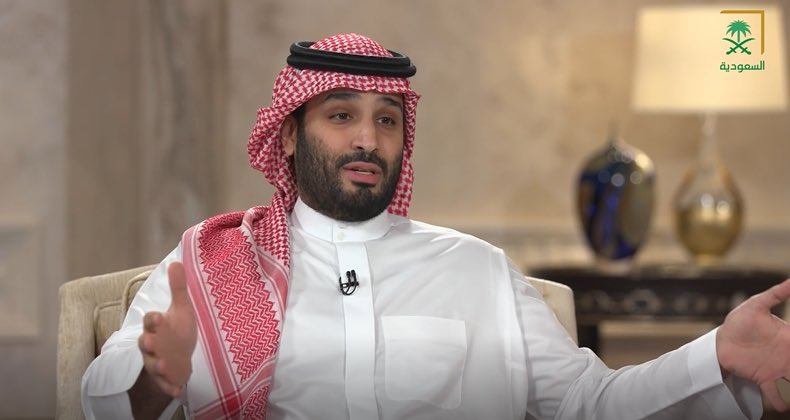
Both sides of the Gulf (& larger MENA) deserve a normal, peaceful, & (dare I say) prosperous region. Many are breathing a sigh of relief w/ today’s official Iran-Saudi agreement. All 3 parties to the deal can claim victory, but Saudis are arguably the biggest winner. Why? A 🧵
1. A rapprochement was imminent given the last 2 yrs of talks in Iraq & Oman. So that’s not the surprise - China is! It scores a point against the US in their great power competition, stepping beyond its usual economic & arguably transactional, or at most, short-term arrangements
1 cont.) Iran & now KSA are willing to give China that role. But let’s not beat the bushes on what it means for US standing in KSA & the GCC. No Chinese mediation - or any diplomatic involvement - will threaten US primacy in the region. All states, Iran included, know that.
2. This shouldn’t be a zero sum game for the US. It can serve US interests: Iran nuclear deal, Yemen, Lebanon for starters can benefit from the agreement. A quick move should follow on these files b/c the agreement may not last long. Might as well reap benefits while it lasts.
3. Certainly hope for the agreement to live on & lead to the prosperity its people long & deserve. But neither KSA nor Iran will change overnight. Particularly true for Iran: respecting the sovereignty of other nations & non interference is a BIG ask for Iran.
3 cont.) This big ask requires course correction from Iran or we end w/ policy gymnastics to reconfigure definitions of sovereignty + non-interference! Saudi course correction is much easier entailing media related files & ending its involvement in Yemen, an expressed Saudi aim.
4) Iran scores by reducing internal tensions w/ a foreign policy win. Yet it’s still in “survival” mode w/ a failing economy & disgruntled populace. That’s where Saudi is the biggest winner in this agreement, whether it lasts or not.
5) KSA has been deescalating w/ all its neighbors since al-Ula Summit of Jan 2021. Iran was the outlier & now it’s no longer the case. This will pave the way for a quicker settlement in Yemen (for KSA at least - Yemen is still bound for more intra-group conflict).
5b cont.) Second, Saudi will be able to bulldoze its way through its econ & social reform agenda w/o external political headaches & destabilizing activities by its borders or oilfields. This “future bulldoze” mode is in stark contrast to Iran’s “domestic strife & stagnancy” mode.
5c cont) Finally, KSA will win over China when agreement is put to the test. China is sensitive to interference & sovereignty issues, evidenced by the Xinjiang file. Having a superpower guarantor to the agreement will expose Iran if it continues its behavior. What will China do?
6) In that sense, we’ll wait and see how the Iran-Saudi rapprochement unfolds. More lessons can be deduced from today’s step but that’s a topic for another thread or piece! MENA politics never fails to disappoint. #IranAndSaudiArabia
• • •
Missing some Tweet in this thread? You can try to
force a refresh





